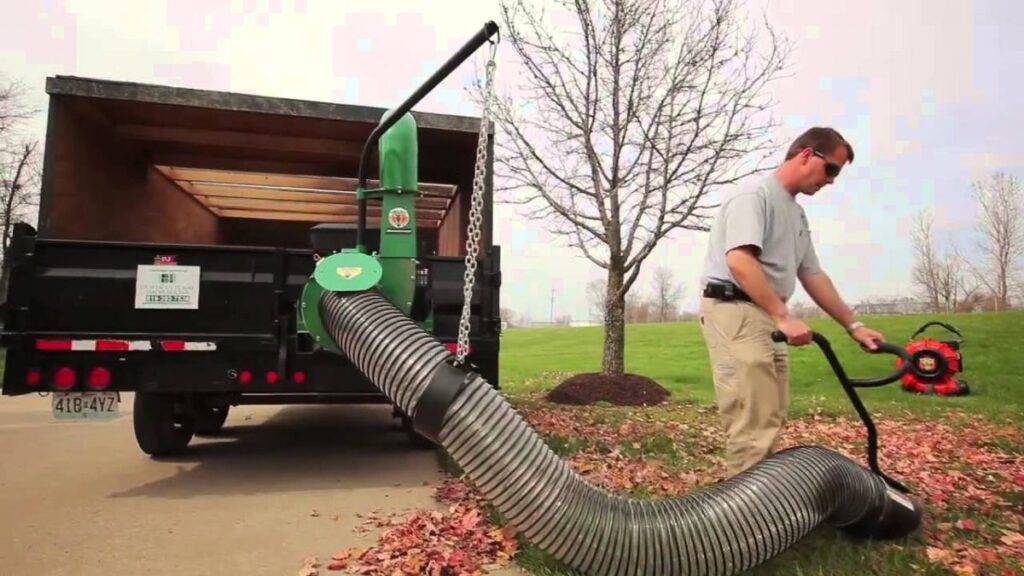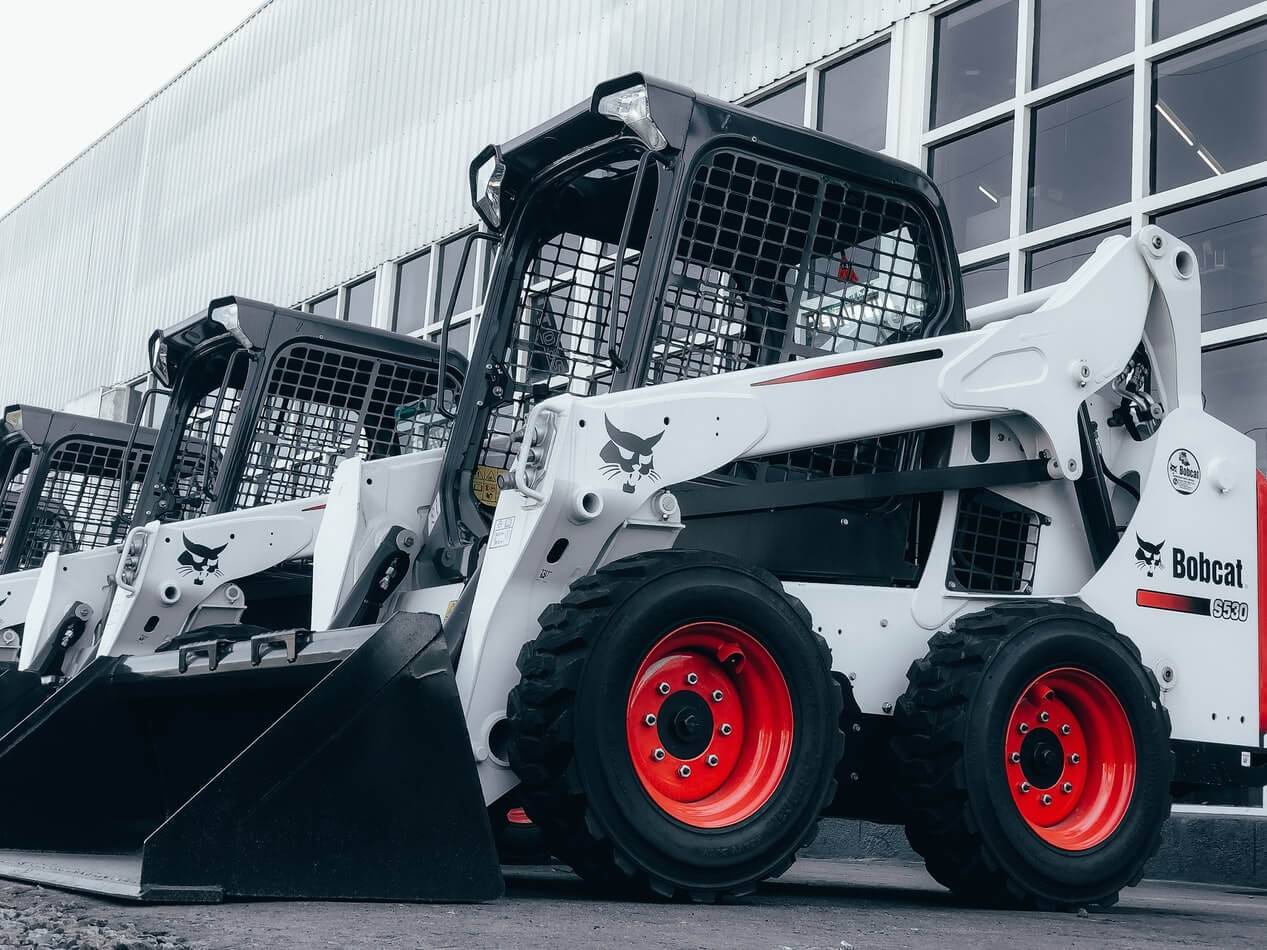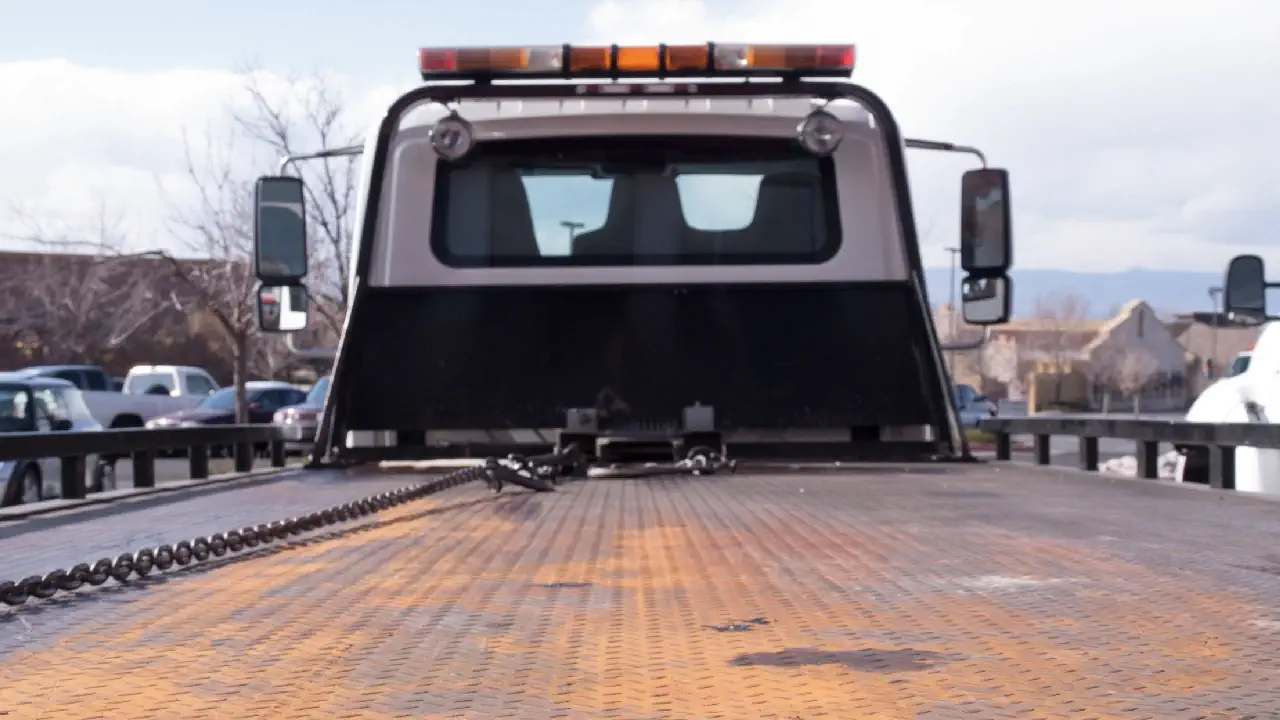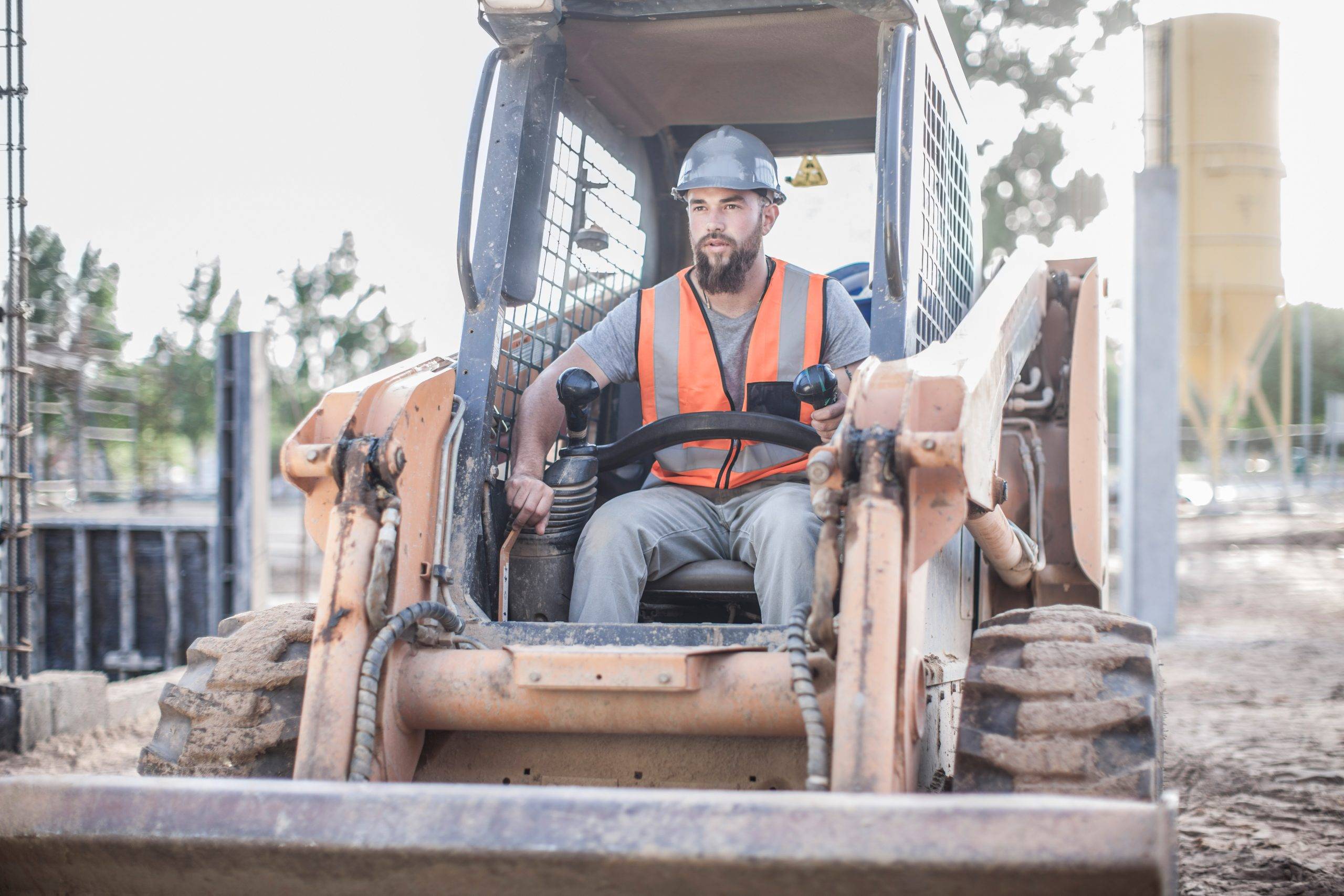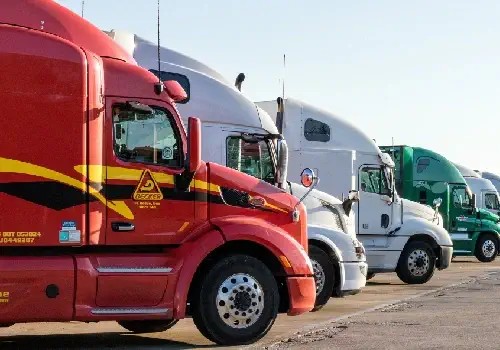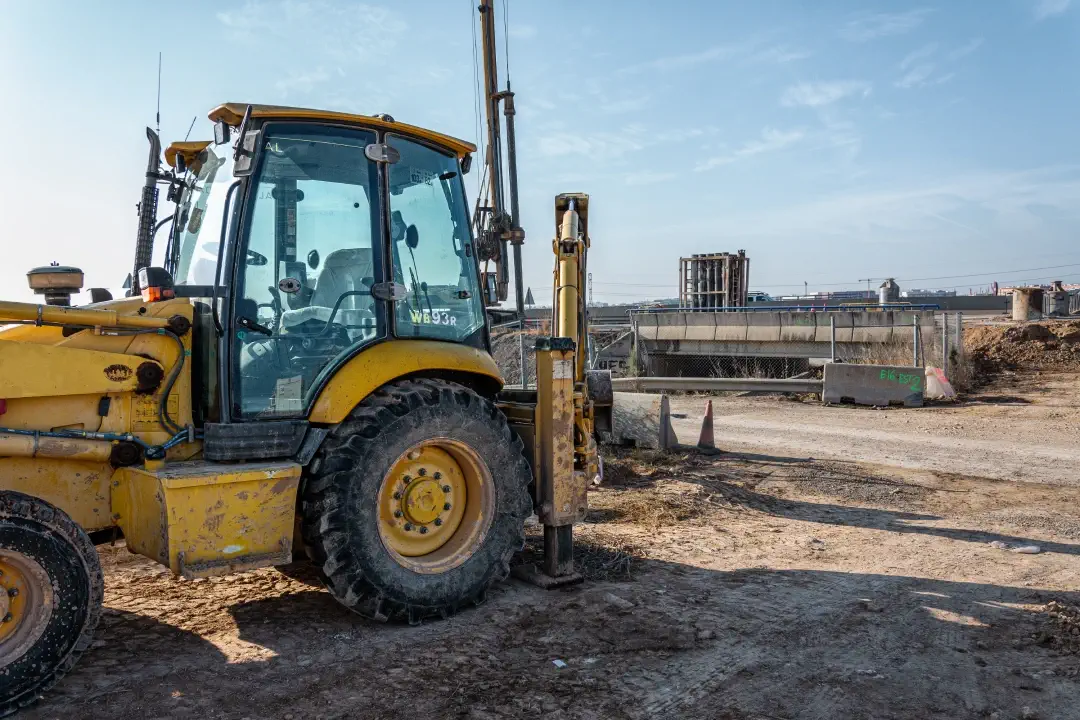There are many reasons why a growing or established business may need to seek funding to buy machinery. The funding reasons may range from bridging a temporary cash flow situation to a long-term objective like funding for expansion.

 When seeking a funding option, you need to do a proper financial analysis before making a decision. While an asset will boost your business in some ways, remember that depreciation, maintenance, and running costs are tax-deductible and can significantly impact your cash flow if you have an inadequate cash outlay upfront.
Consider whether the asset has a good resale value since lenders are keen on this. An asset with a good resale value has lower collateral amounts. Secondhand equipment is obviously a proper consideration to think about. However, you need to understand that financers are typically not readily willing to fund secondhand equipment if they are not sure of its resale value in case you fail to repay their loan.
Similarly, your credit scores matter in determining your payment. While it may be difficult to access funding if you have bad credit and have minimal down payment or collateral, it’s still not impossible to obtain financing.
At First Capital Business Finance, we offer different categories of finance programs for good or bad credit scores on heavy pieces of equipment. Check out our list of eligible heavy, new/used equipment that qualifies for bad credit financing on our website.
When seeking a funding option, you need to do a proper financial analysis before making a decision. While an asset will boost your business in some ways, remember that depreciation, maintenance, and running costs are tax-deductible and can significantly impact your cash flow if you have an inadequate cash outlay upfront.
Consider whether the asset has a good resale value since lenders are keen on this. An asset with a good resale value has lower collateral amounts. Secondhand equipment is obviously a proper consideration to think about. However, you need to understand that financers are typically not readily willing to fund secondhand equipment if they are not sure of its resale value in case you fail to repay their loan.
Similarly, your credit scores matter in determining your payment. While it may be difficult to access funding if you have bad credit and have minimal down payment or collateral, it’s still not impossible to obtain financing.
At First Capital Business Finance, we offer different categories of finance programs for good or bad credit scores on heavy pieces of equipment. Check out our list of eligible heavy, new/used equipment that qualifies for bad credit financing on our website.
Top Reasons Companies Seek Equipment Financing:
- Property development
- Working capital
- Import financing
- Franchise funding
- Purchasing machinery and equipment
- Contact funding
- Business expansion
- Buying a building
Benefits of a Debris Loader
A debris loader helps you finish any yard or lawn service job quickly. While you whack, prune, trim and mow, you keep creating different styles of waste. Once you consolidate this waste using leaf blowers, litter vacuums, tow-behind lawn sweepers or other contraptions, you’ll need to put it into one place before dropping it off with waste management or transferring it to a compost pile. While you can move the debris from the ground to your trailer or truck by hand, you’ll end up using a lot of time and energy. Constant cleaning, especially of large property, requires time and energy – and if you run a lawn service, time and energy equal money. Debris loaders make the final step of lawn cleanup significantly easier.Existing Asset Financing Options
You may have a few asset financing options depending on the type of equipment and machinery you wish to purchase. Most asset financiers have three fundamental ways they structure their loan: financing an outright purchase, easing options, or rental agreements. With this information, it is imperative to know which one best suits your business.
Financing for a Purchase
It is usually done via a prime linked loan whereby you repay the lender in equal installments over an agreed time. These installments include interest, and they can be paid within 12 months or even more than five years depending on the lifespan of the acquired asset. The lender still claims ownership of the asset whilst you’re still repaying the loan and has the legal right to sell the asset and recover any outstanding amount if you can no longer payback. Maintenance and any running costs are your responsibility once you buy an asset using this option.Renting
This option is most suitable in instances where the equipment or machinery is required on a temporal basis. Unfortunately, rental prices can sometimes be high since the rental company has to realize an ROI and make a profit from their investment. Renting works well for expensive pieces of equipment such as cranes and only required for a short time. It may not be feasible for a lawn service company to rent a debris loader since rental costs are expensed on income statements each time you rent one.Leasing
This arrangement allows you to possess an asset for an agreed period with certain payment terms. It comes with several terms and conditions since you will be using the asset for a more extended period than renting. Sometimes there are penalties if either party; lessee and lessor violates any of the agreed terms and conditions.Factors to Consider
 When seeking a funding option, you need to do a proper financial analysis before making a decision. While an asset will boost your business in some ways, remember that depreciation, maintenance, and running costs are tax-deductible and can significantly impact your cash flow if you have an inadequate cash outlay upfront.
Consider whether the asset has a good resale value since lenders are keen on this. An asset with a good resale value has lower collateral amounts. Secondhand equipment is obviously a proper consideration to think about. However, you need to understand that financers are typically not readily willing to fund secondhand equipment if they are not sure of its resale value in case you fail to repay their loan.
Similarly, your credit scores matter in determining your payment. While it may be difficult to access funding if you have bad credit and have minimal down payment or collateral, it’s still not impossible to obtain financing.
At First Capital Business Finance, we offer different categories of finance programs for good or bad credit scores on heavy pieces of equipment. Check out our list of eligible heavy, new/used equipment that qualifies for bad credit financing on our website.
When seeking a funding option, you need to do a proper financial analysis before making a decision. While an asset will boost your business in some ways, remember that depreciation, maintenance, and running costs are tax-deductible and can significantly impact your cash flow if you have an inadequate cash outlay upfront.
Consider whether the asset has a good resale value since lenders are keen on this. An asset with a good resale value has lower collateral amounts. Secondhand equipment is obviously a proper consideration to think about. However, you need to understand that financers are typically not readily willing to fund secondhand equipment if they are not sure of its resale value in case you fail to repay their loan.
Similarly, your credit scores matter in determining your payment. While it may be difficult to access funding if you have bad credit and have minimal down payment or collateral, it’s still not impossible to obtain financing.
At First Capital Business Finance, we offer different categories of finance programs for good or bad credit scores on heavy pieces of equipment. Check out our list of eligible heavy, new/used equipment that qualifies for bad credit financing on our website.

